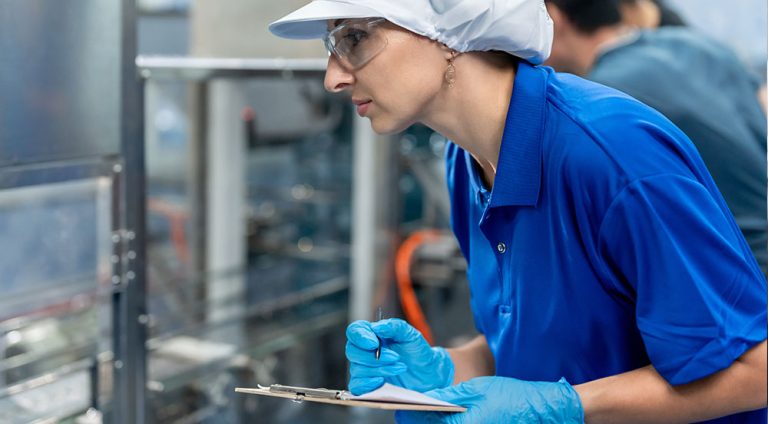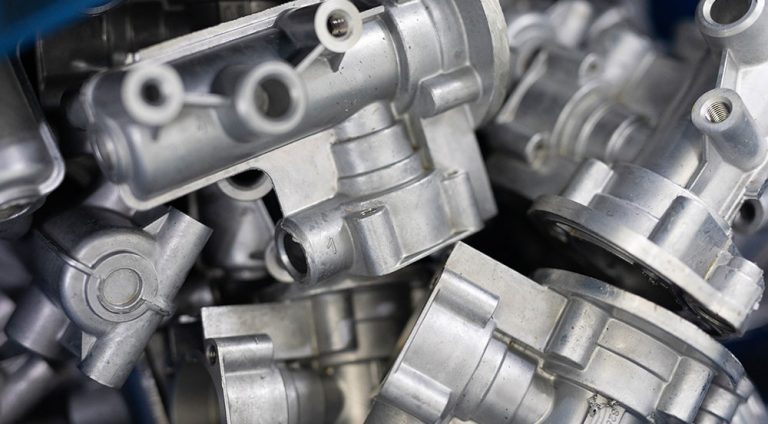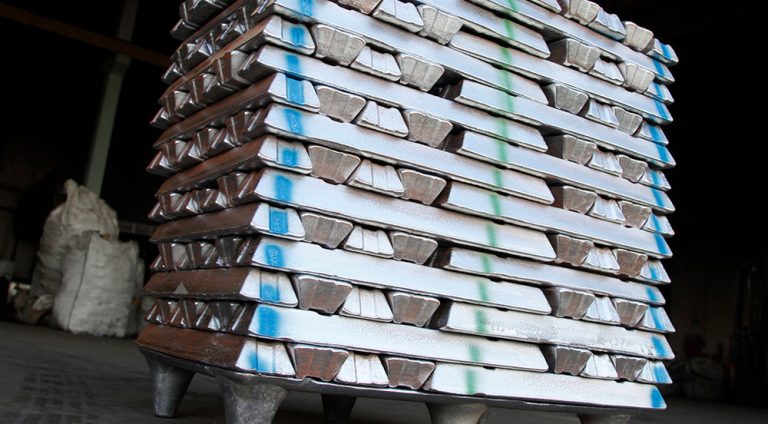Revolutionizing automotive engineering for tomorrow involves a strategic shift towards lightweight materials like aluminum and zinc. These materials not only enhance fuel efficiency but also elevate performance and sustainability in electric and hybrid vehicles. Innovations in die casting technology further enable the production of intricate components that streamline manufacturing processes. The integration of advanced manufacturing techniques guarantees ideal strength-to-weight ratios, vital for modern vehicle design. By focusing on materials that provide durability and cost-effectiveness, the automotive industry is poised for significant advancements. Explore the emerging trends that are shaping the future of vehicle engineering.
The Need for Lightweight Components
As the automotive industry increasingly shifts towards electrification, lightweight components have become crucial. Reducing the weight of vehicles enhances energy efficiency, a critical factor for electric and hybrid models.
Increased curb weight can hinder the performance and range of these vehicles, presenting challenges to widespread adoption. Consequently, there is a growing demand for suppliers capable of manufacturing lightweight components, which are essential for improving overall vehicle dynamics.
Innovations in powertrain and battery technologies also necessitate effective weight-saving strategies. Lighter vehicles offer enhanced performance and handling and contribute to the broader goals of sustainability and energy conservation in automotive design.
Companies like KenWalt Die Casting lead the way with advanced die-casting technologies that produce high-quality, lightweight components.
Therefore, addressing weight reduction is crucial for the future of automotive engineering.
Advantages of Aluminum Materials
Aluminum materials play a pivotal role in automotive engineering due to their unique combination of strength, low weight, and corrosion resistance. This exceptional material’s lightweight nature greatly enhances fuel efficiency and vehicle performance, particularly in hybrid and electric models.
Additionally, aluminum’s ability to withstand high operating temperatures makes it ideal for thin-walled castings, contributing to improved acceleration and braking performance. Aluminum’s corrosion resistance extends the lifespan of automotive components, reducing maintenance requirements and overall costs.
Furthermore, sustainable sourcing of aluminum aligns with eco-friendly manufacturing practices, appealing to a growing environmentally conscious consumer base. As the automotive industry increasingly prioritizes lightweight designs, aluminum stands out as a versatile and effective choice for modern vehicle engineering.
Companies are leveraging advanced technology to create high-quality castings that meet industry demands.
Exploring Zinc’s Role in Engineering
While aluminum has become a prominent material in automotive engineering, zinc is emerging as a compelling alternative that offers unique advantages in weight reduction and design flexibility.
Zinc’s properties allow for thinner, more intricate die castings with enhanced fluidity, which can markedly lower component weight without compromising strength. This weight-saving capability contributes not only to energy efficiency but also to overall vehicle performance.
Additionally, zinc die casting reduces the need for secondary operations, leading to time and cost savings in the manufacturing process. Zinc tooling also boasts longevity, making it a cost-effective choice for high-volume production of complex components.
As the automotive industry continues to evolve, zinc presents a viable solution for meeting the demands of modern engineering challenges.
Die Casting Innovations for Electronics
The integration of advanced die casting techniques has markedly transformed the production of electronic components in vehicles, enhancing both efficiency and functionality.
Innovations in precision casting allow for the creation of intricate, thin-walled housings that are vital for housing sensors, radars, and cameras, particularly in autonomous vehicles. Utilizing materials such as aluminum and zinc, manufacturers benefit from improved thermal conductivity and structural integrity, which are essential for high-performance applications.
Established in 1968, KenWalt Die Casting Company utilizes advanced technology and automation to guarantee efficient production and competitive pricing.
These die-cast components meet stringent safety requirements and facilitate the integration of multiple electronic features, reducing the need for costly secondary operations.
Ultimately, these advancements contribute to lighter, more efficient vehicles, paving the way for the future of automotive engineering and electrification.
Critical Manufacturing Processes and Alloys
In the domain of automotive manufacturing, selecting the appropriate processes and alloys is vital for guaranteeing vehicle safety and performance.
As the industry shifts towards electric and hybrid vehicles, lightweight materials like aluminum and zinc are gaining prominence due to their strength-to-weight ratios and resistance to corrosion. Aluminum facilitates thinner-walled castings that enhance fuel efficiency and vehicle handling, while zinc allows for intricate die castings that reduce production costs.
The choice of manufacturing processes, such as die casting, considerably impacts the integration of advanced electronic features required for modern vehicles.
Furthermore, collaborating with skilled engineers guarantees that design-for-manufacturing principles are upheld, optimizing both the functionality and sustainability of automotive components in an increasingly competitive market.




